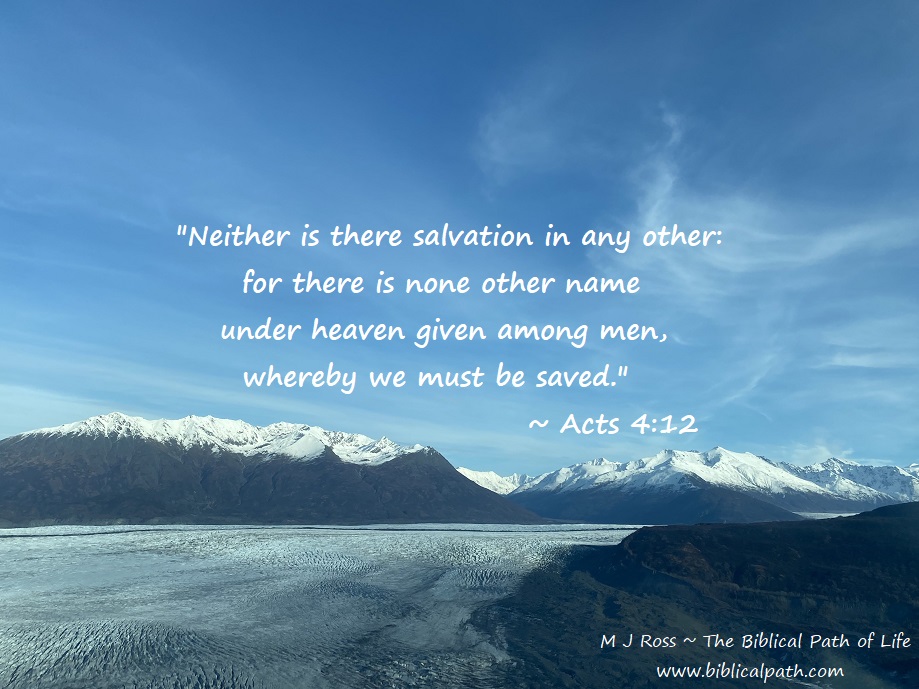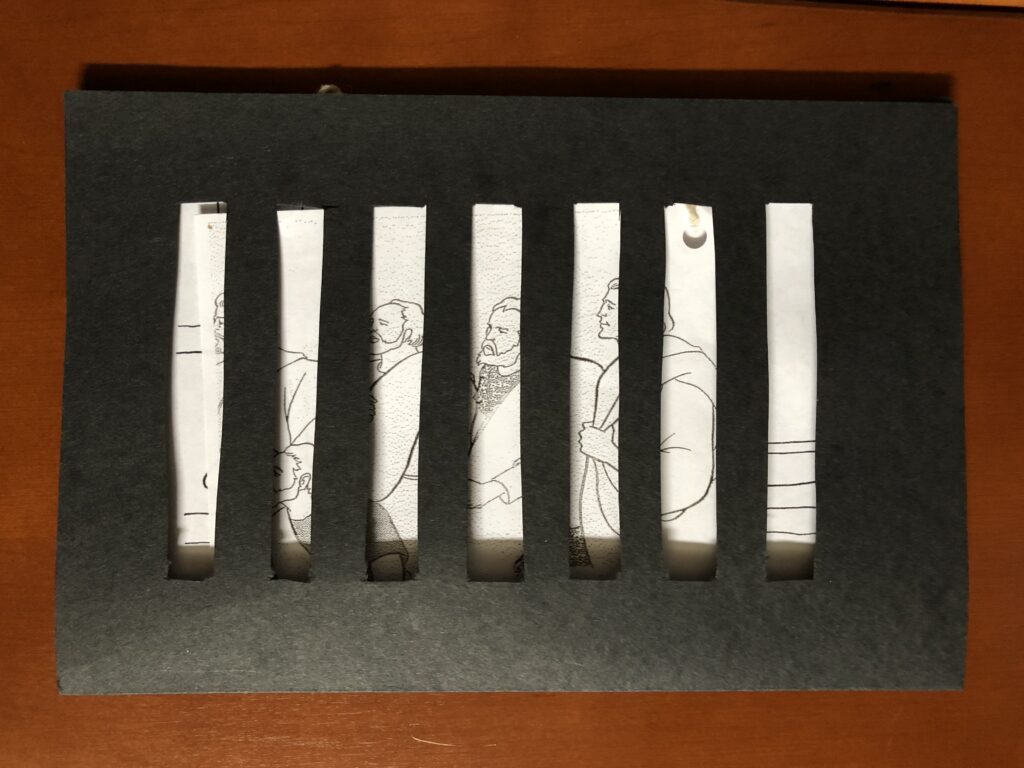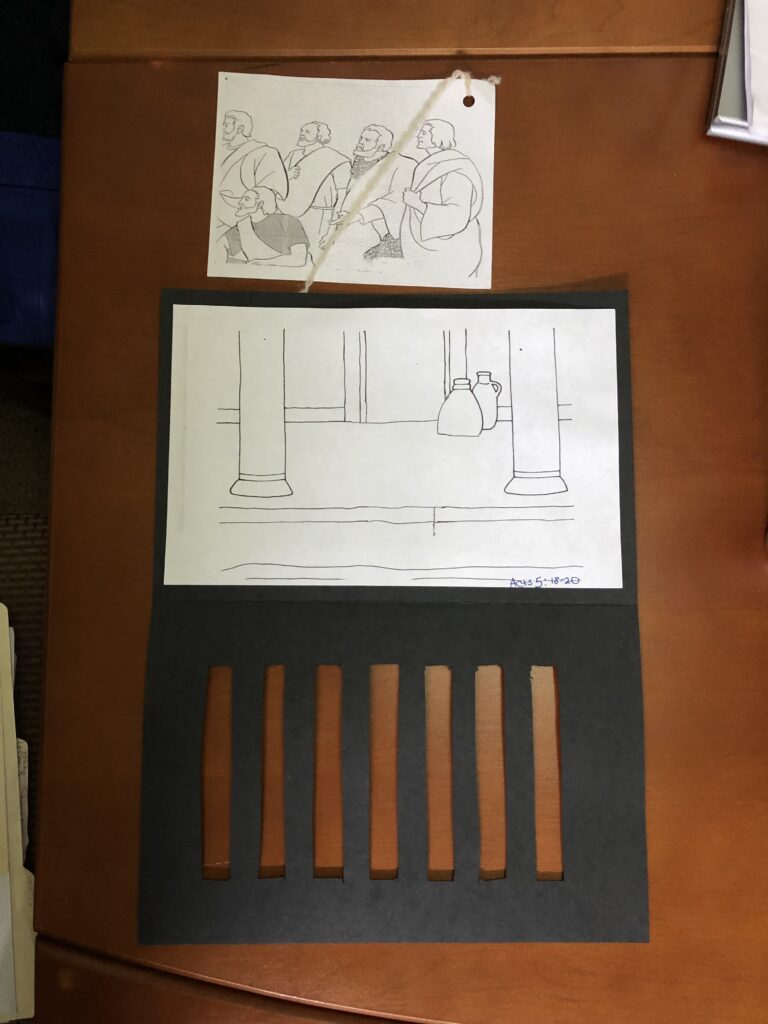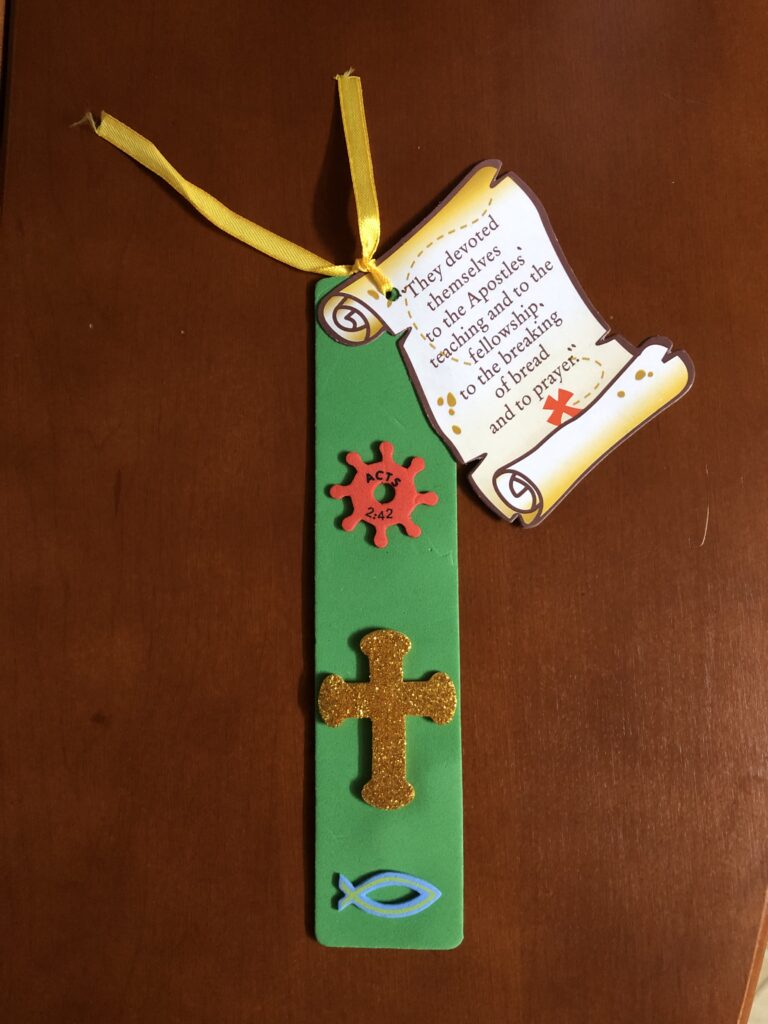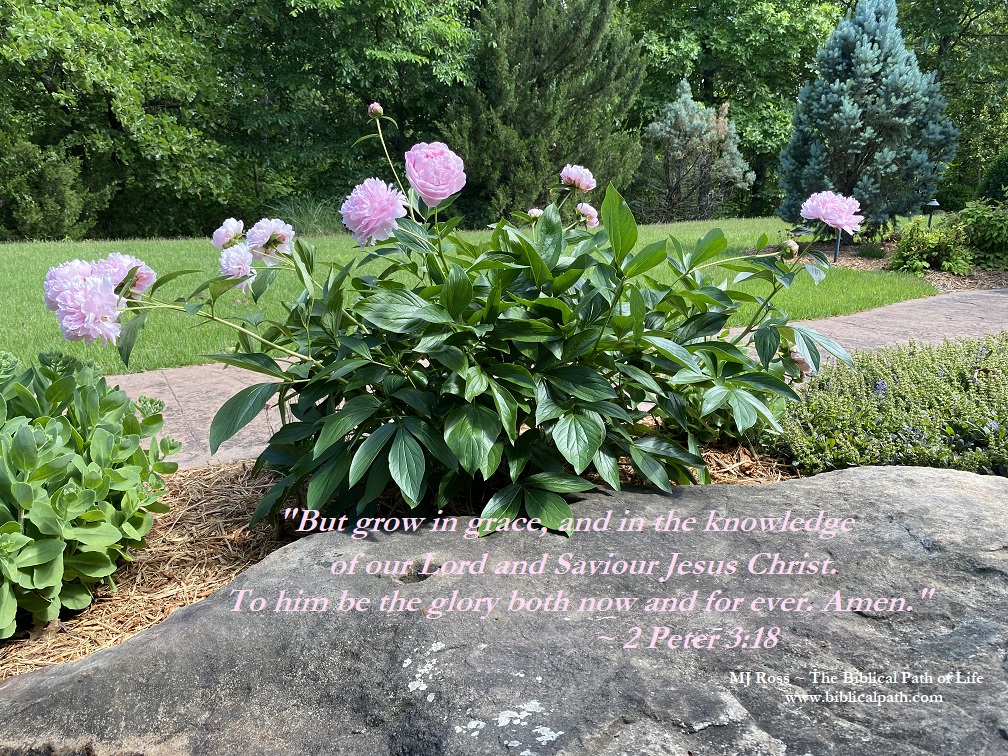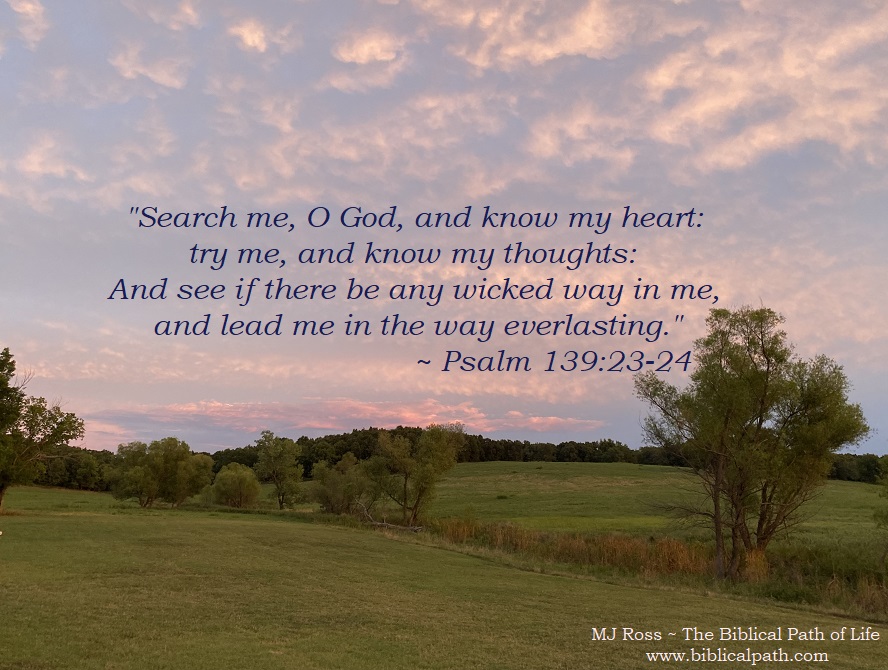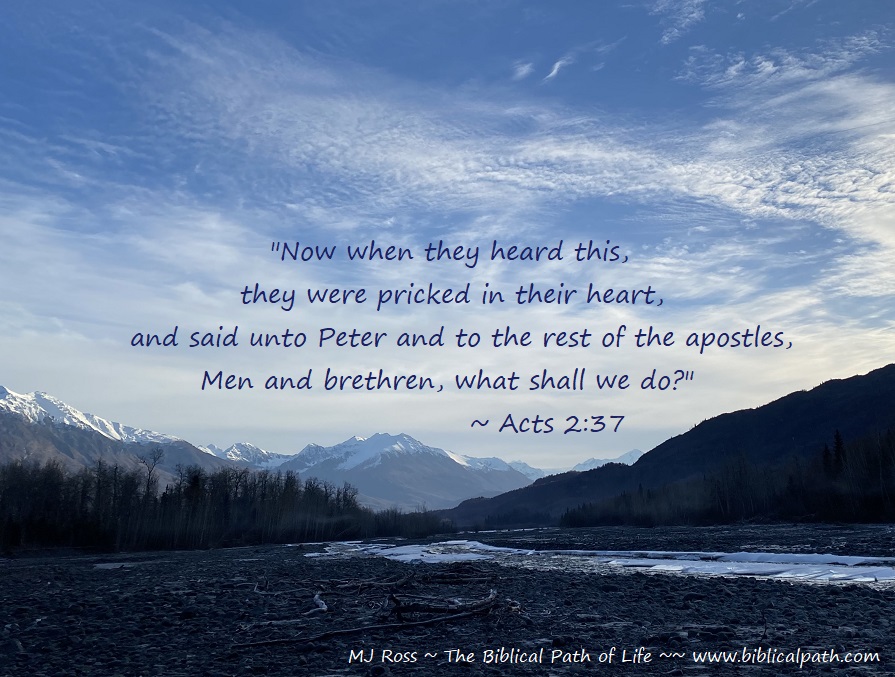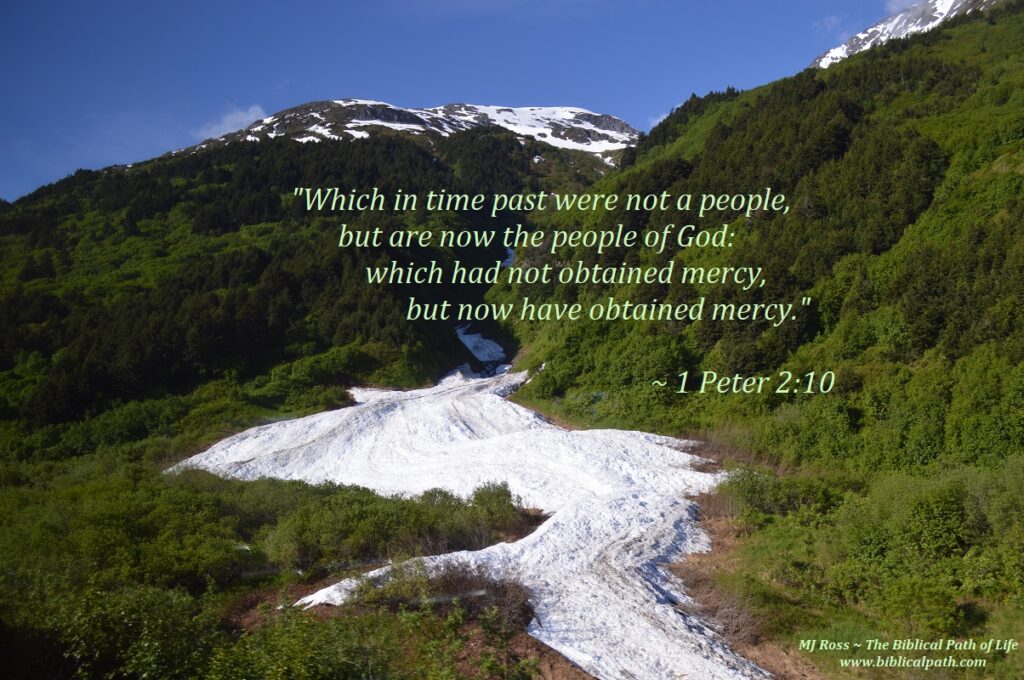
Key Verse
And Stephen, full of faith and power, did great wonders and miracles among the people.
—Acts 6:8
Key Verse Thought: Read the Key Verse for this lesson.
Understand this verse with the following definitions:
- Full means “full or complete; abundant”
- Faith means “appropriating what God in Christ has for man resulting in the transformation of man’s character and way of life; faith in Christ”
- Wonders means “miracles of the Apostles and teachers”
- Miracles means “signs and wonders, miracles wrought by Jesus and his Apostles in proof a furtherance of their divine mission; mighty works”
In this lesson, we will learn that Stephen was called out to be a great worker in the early church.
Emphasis: We are encouraged to understand that we are to be helpers in the church. When work needs to be done, we should be willing, just like Stephen, to not only do the work but to tell others about Jesus.
Lesson Summary: In our last lesson, we learned of the work of the Apostles as they preached God’s Word and taught new believers (even after having been put in prison and beaten). In this lesson, we find a new problem in the growing church. First, we look back at just what the church is and where it came from, and then we learn how the Apostles deal with daily needs of the church. One thing that helped in the early church was the choosing of seven men of good report. These men were chosen to help in the daily workings of the church. We will learn more about one of these men – Stephen.
God used Stephen to do many “great wonders and miracles among the people.” However, when good was being done, the religious leaders rose up and opposed this work. Nevertheless, when they disputed with Stephen, they “were not able to resist the wisdom and the spirit by which he spake.” Because of this, they sought for false witnesses to accuse Stephen. When they did this, Stephen preached Jesus from the Old Testament to them. He taught them of Jesus from Abraham until Solomon. This lesson may be a good time to review some of the things we learned in the Old Testament as we look at the sermon Stephen preached to the religious leaders. After preaching Jesus to these men, Stephen refuted the accusations the false witnesses had made against him. But the religious leaders rejected Stephen’s words and took him out and stoned him.
In these closing verses, we will be introduced to another one of these religious men: a young man named Saul.
Y3Q2 – Questions
Y3Q2 – Children’s Worksheets
If you are teaching this to children, the following is a craft that will help them remember Stephen.

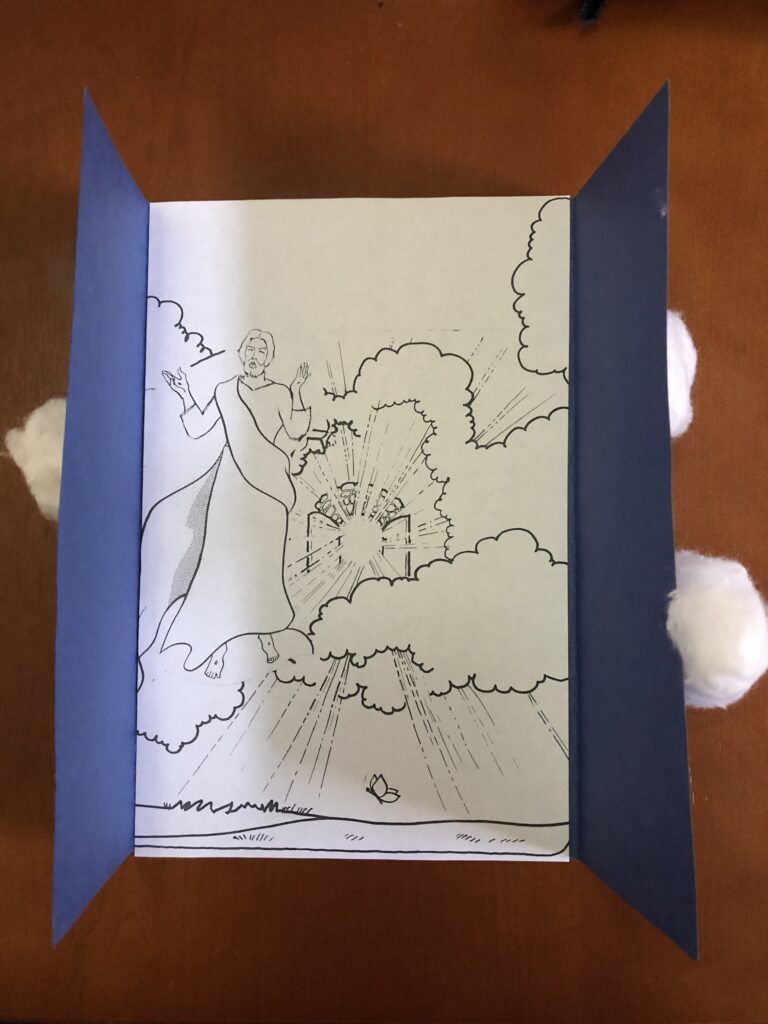
We took blue construction paper, folded it with a picture of Jesus standing to receive Stephen (on the inside), and added cotten balls on the outside for clouds.
The Biblical Path of Life – Year Three, Quarter Two is now available to purchase through Amazon. It contains the full lesson.
